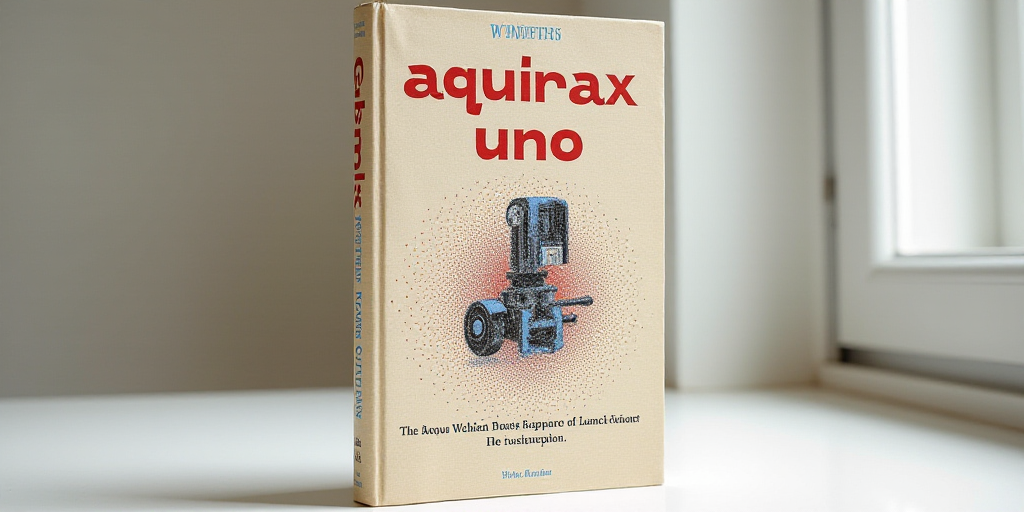Introduction
In an interview, Jesús Esquivel, author of the book “Los cárteles gringos. La crisis del fentanilo en Estados Unidos y el fracaso de la DEA para combatirla,” discusses the evolution of drug distribution in the United States. Esquivel explains that American drug distributors have become peers and partners of Mexican cartels, rather than relying on them.
The American Drug Cartels: A New Breed
Esquivel asserts that the U.S. government, through the Drug Enforcement Administration (DEA), has long blamed Mexican cartels for drug trafficking within the country. However, he argues that this is a facade to conceal the reality: American-based cartels, composed of gangs and motorcycle clubs, control the logistics, transportation, sales, distribution, pricing, and money laundering of illicit drugs.
The Purpose of the Book
Esquivel aims to inform Mexican readers about the existence of criminal organizations in the U.S. that engage in drug trafficking, employ sophisticated methods to evade law enforcement, and use violence for their business. He presents this information through the accounts of those who have directly confronted these American cartels.
Government Narrative and Cartel Denial
Esquivel explains that the U.S. government, particularly under President Donald Trump, prefers to portray itself as a victim of drug demand and consumption, blaming other countries for the issue. This narrative serves political or commercial purposes, such as imposing tariffs under the guise of combating organized crime.
DEA’s Annual Maps: A Deception?
The DEA publishes an annual map allegedly showing Mexican cartel presence in all 50 U.S. states. Esquivel and experts like John Calery (former ICD chief) and Jack Riley (former DEA Operations chief) argue that these maps are misleading, intended to maintain pressure on countries like Mexico rather than acknowledging the existence of American cartels.
Mexican Influence on American Cartels
Esquivel highlights the role of violence in the rise of American cartels. Mexican cartels, facing increased U.S. law enforcement efforts under Trump, now supply drugs to American cartels near the border. These cartels then handle distribution, pricing, and money laundering, allowing Mexican groups to avoid U.S. arrests.
Relationship Between American and Mexican Cartels
The relationship between American and Mexican cartels is one of supplier and buyer.
Operational Differences
American cartels differ from Mexican ones in their territorial control and organizational structure. American cartels, like the Hells Angels, operate in smaller areas without a single leader. Each cell has its own president and vice president, making them harder to dismantle. They also employ less spectacular violence to avoid drawing attention from law enforcement agencies.
The Fentanyl Impact
The introduction of fentanyl has significantly impacted the drug trade. Manufactured fentanyl pills are cheaper, easier to smuggle, and generate substantial profits. With chemical precursors sourced from Asia and careful handling, clandestine labs can produce these potent opioids.
Pharmaceutical Industry’s Role
The American pharmaceutical industry, through the sale of opoid analgesics containing fentanyl, inadvertently contributed to the fentanyl addiction crisis. Recently, the industry has been penalized for its role in expanding this opoid addiction pandemic.
Trump’s Reluctance to Target American Cartels
Esquivel suggests that President Trump avoids explicitly targeting American cartels due to legal implications. Designating Mexican cartels as terrorist groups under the Patriot Act would obligate him to label American cartels, along with related industries like firearms manufacturing, pharmaceuticals, and financial institutions, as terrorist entities.
Conclusion
Esquivel’s book sheds light on the complex drug trafficking landscape in the United States, revealing the existence and operations of American cartels that have become significant players alongside their Mexican counterparts.
Keywords: American Drug Cartels, Fentanyl Crisis, DEA, Mexican Cartels, Violence, Drug Trafficking, Organized Crime






